
Starting June 1st, 2023 Our warehouse fee will be $0.65/cubic foot per month
In effort to lower the warehouse storage fee during inflation, we have went narrow aisle racking.This construction took us four months but the project is finally completed. With narrow aisle racking, we are able to drop storage by 24%.We as partners will go through this inflation together.
05/13/2024
Various customs bonds mandated by the U.S. Customs and Border Protection (CBP) cater to diverse business needs. The term "single entry bond" typically denotes a specific type of customs import bond. Its primary function is to ensure the payment of necessary duties, taxes, and fees to U.S. customs during the importation of goods into U.S. commerce, along with adherence to pertinent federal regulations. Essentially, a single entry bond serves as a guarantee for a singular import transaction.
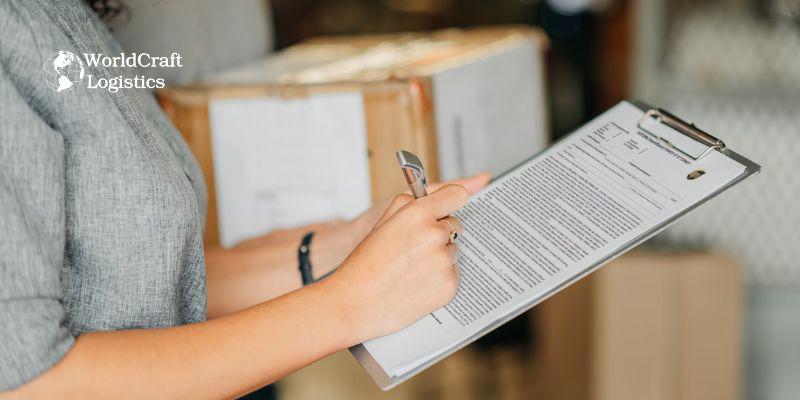
The monetary value of the single entry bond must match the total worth of the goods, inclusive of duties, fees, and taxes applicable to the import transaction. These bonds can be issued with a minimum value of $100.
Securing a single entry bond involves a straightforward process, yet certain crucial details are imperative. The key factor to consider is the nature of the items slated for import and the corresponding total bond amount, typically computed based on the goods' value along with duties, taxes, and fees. Essential information to gather encompasses:
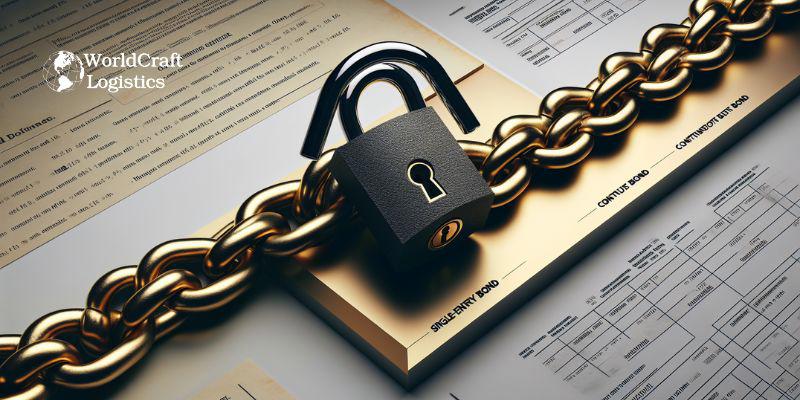
Crucially, the single entry bond is a one-time-use instrument, exclusively covering a singular import transaction. If your import activities extend beyond a once-a-year occurrence, exploring a continuous customs bond may prove more financially prudent. The continuous bond not only accommodates multiple imports within a 12-month span but also encompasses the obligatory ISF filing for your imports.
Learn more great knowledge with articles shared by Worldcraft Logistics' team of experts:
👉 What is Customs Clearance? Meaning, procedure and implementation
👉 What is a Commercial invoice? What should you pay attention to?
In the realm of international trade, a perpetual financial assurance known as a continuous bond is a prevalent instrument. Its distinctive characteristic lies in its automatic renewal, persisting until deliberately terminated by the concerned parties. As long as the requisite payments are made for each renewal, continuous bonds remain in effect indefinitely. This stands in sharp contrast to conventional term bonds, which are characterized by a predefined expiration or maturity date.
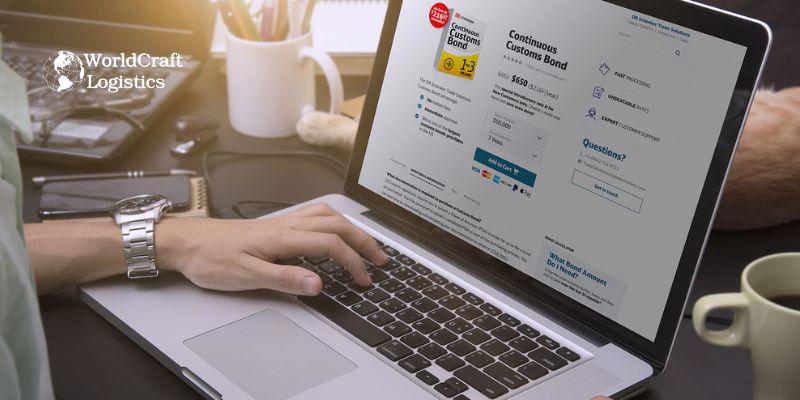
Continuous bonds find application in customs, airport security, importer security filing, and intellectual property rights. They span an annual period, ensuring the seamless flow of imports throughout the year. The triumvirate involved comprises the surety company issuing the bond, the obligated importer filing it, and the CBP.
Automatic yearly renewal characterizes the continuous bond, persisting unless canceled or terminated by any of the three stakeholders. This bond is particularly beneficial for frequent or regular importers to the U.S., offering flexibility for those engaging various customs brokers across different American markets.
In contrast, a term bond, single entry bond, or single transaction bond stands opposite. The single transaction bond confines its coverage to a solitary import shipment, applicable solely to the designated entry or transaction and filed at the specific port of entry. Non-continuous bonds may be renewed through a continuation certificate.
In the United States, a variety of insurance or surety companies have the authorization to offer continuous bonds based on standardized terms set by the government. The approval of continuous bond submissions is handled by the Revenue Division of the U.S. Customs and Border Protection (CBP) agency. Vital details, including the bond amount, principal name, importer name, importer number, and CBP-assigned number, must be clearly indicated on the bond and its rider, if applicable. This bond is applicable for use at any port of entry.
The most prevalent continuous import bond in the U.S. is the $50,000 variant, which necessitates a maximum of 10 days for implementation. Classified as a customs bond, the continuous import bond serves as a guarantee to the U.S. Customs and Border Protection (CBP) that the importer will fulfill their payment obligations.
Failure by the importer to meet payment obligations empowers the CBP to initiate a claim against the surety company that vouched for the payment on the bond. Typically, the bond amount is required to be at least 10% of the total duties and taxes paid annually to CBP, with a minimum threshold of $50,000. Essentially, the surety company commits to covering duties, taxes, fines, and penalties up to $50,000 within each one-year bond term.
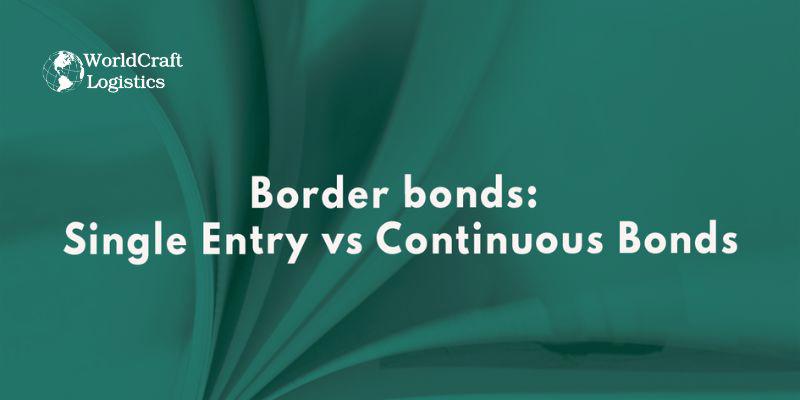
In essence, the primary distinctions between a single entry bond and a continuous bond lie in the quantity of shipments they can encompass and the method of their computation. It is crucial to possess a comprehensive understanding of these disparities.
Comparison Chart
Continuous Bonds | Single Entry Bonds |
Bought for a minimum of a year | Bought for just one transaction |
Set to perpetually renew | Only extended with a certificate of continuation |
Includes all points of entrance into the US | Shipments have to reach a designated port of entry |
Based on a 10% yearly tax and charge calculation | Amount must match the entire value plus any relevant taxes and levies |
Effective within 10 days following the purchase | Three times the shipping value might be the bond amount |
Might pay for extra fines and penalties | Depending on the shipment method, additional coverage might be needed |
See more related articles: 👉Customs Bonds: The value of US Import Bonds & Why important
In spite of their myriad distinctions, there exist notable similarities between the two. Importantly, both a continuous bond and a single-entry bond are categorized as customs bonds subject to scrutiny by the CBP. Key attributes to bear in mind encompass:
Necessity for any commercial shipment values exceeding $2,500.
Mandate for any commercial shipment of products subject to regulation by any agency beyond the CBP, irrespective of value or duty-free status.
Encompassing duty taxes and fees payable to the CBP upon entry into the U.S.
Ultimately, the responsibility falls on you, the importer, to discern the most cost-effective option for your business. Importing goods comes with a price tag, and if you are an established importer with frequent shipments, a continuous bond is likely the optimal financial choice.
Conversely, if your import business is in the throes of expansion, single-entry bonds may prove to be the prudent choice until your business reaches a stage where a continuous bond becomes the more financially sound option.
Should you find yourself undecided between a single-entry bond and a continuous entry bond, WorldCraft Logistics stands ready to delve into your requirements. We are eager to provide guidance and share our expertise, assisting you in making an informed decision tailored to your current plans and future aspirations.
SEO
Digital Marketing/SEO Specialist
Simon Mang is an SEO and Digital Marketing expert at Wordcraft Logistics. With many years of experience in the field of digital marketing, he has shaped and built strategies to effectively promote Wordcraft Logistics' online presence. With a deep understanding of the logistics industry, I have shared more than 500 specialized articles on many different topics.
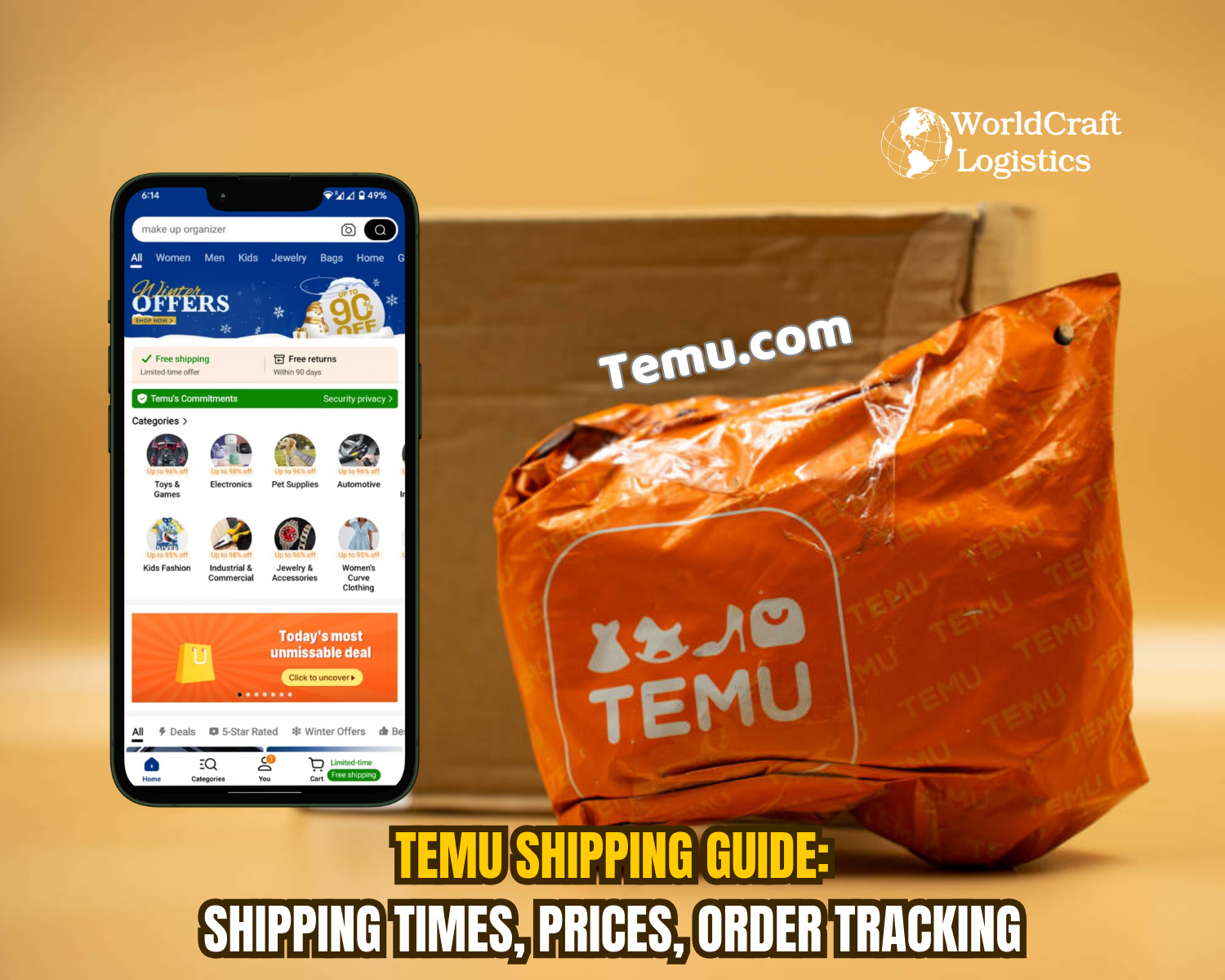
Education
01/05/2025
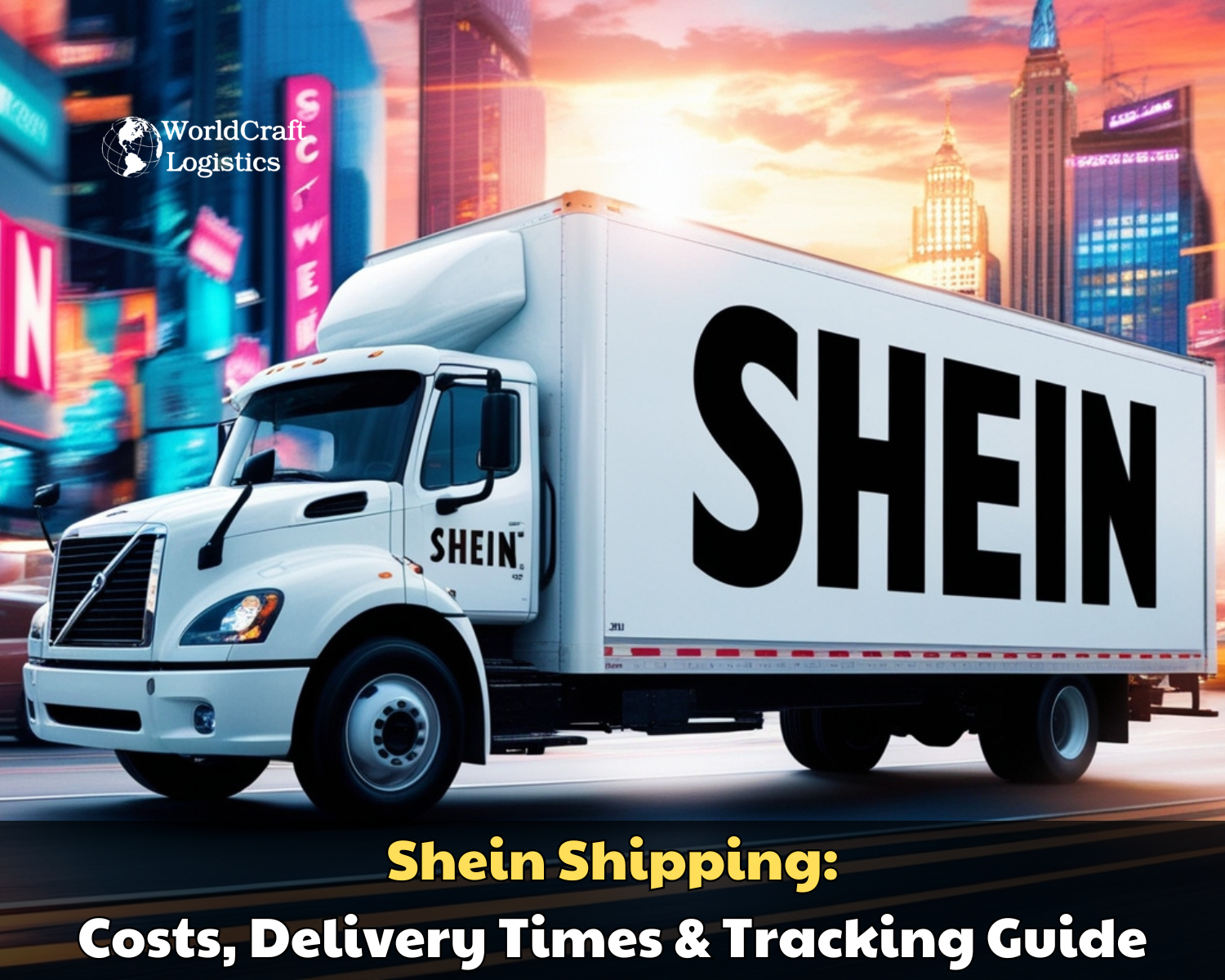
Education
02/18/2025
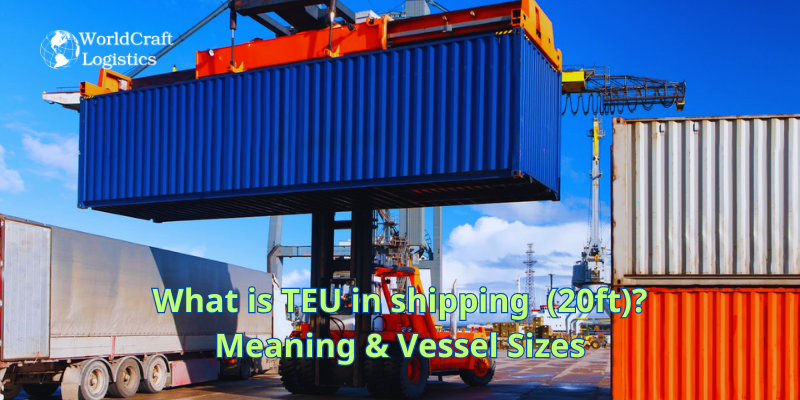
Education
01/01/2024
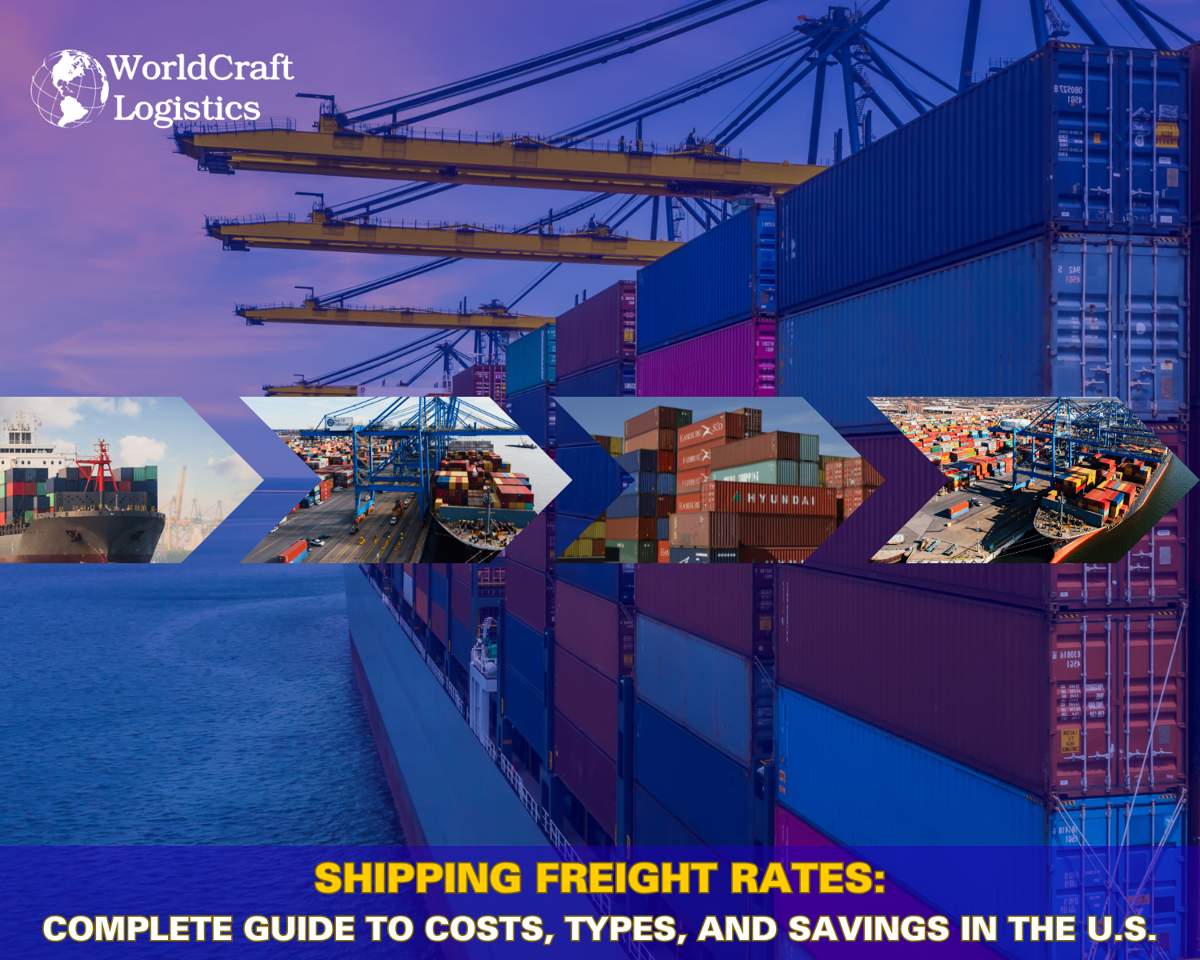
Education
09/09/2025
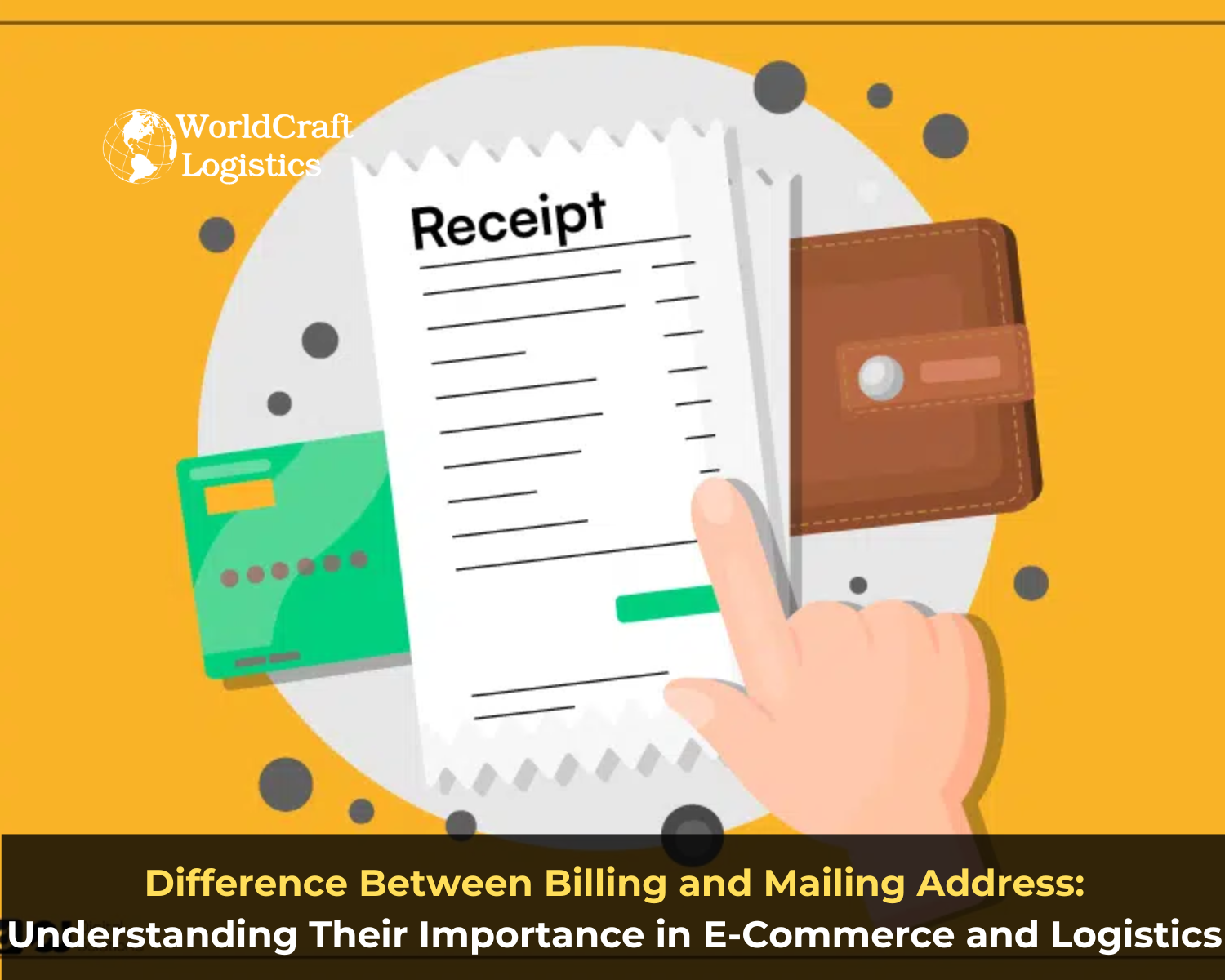
Education
08/28/2024